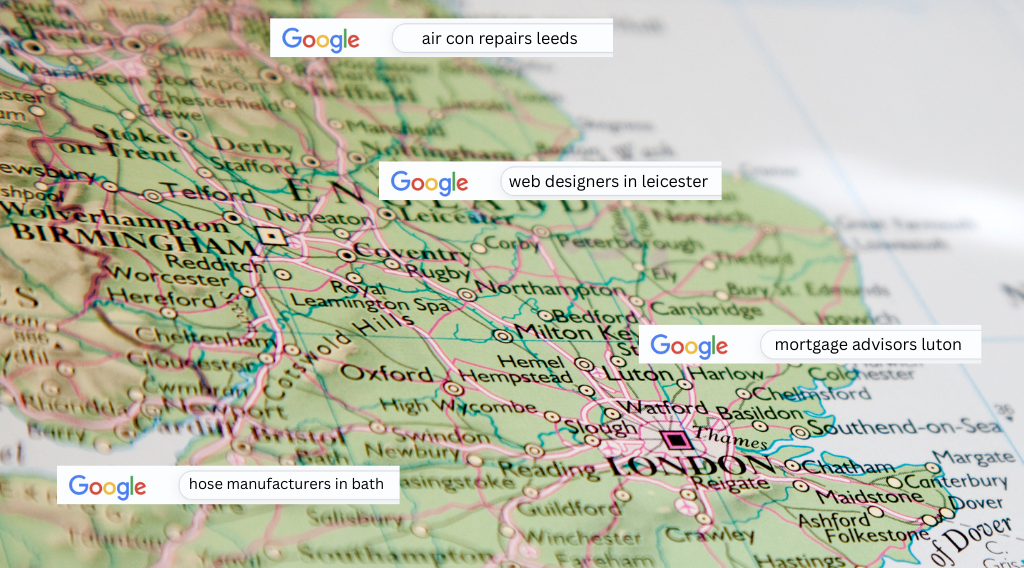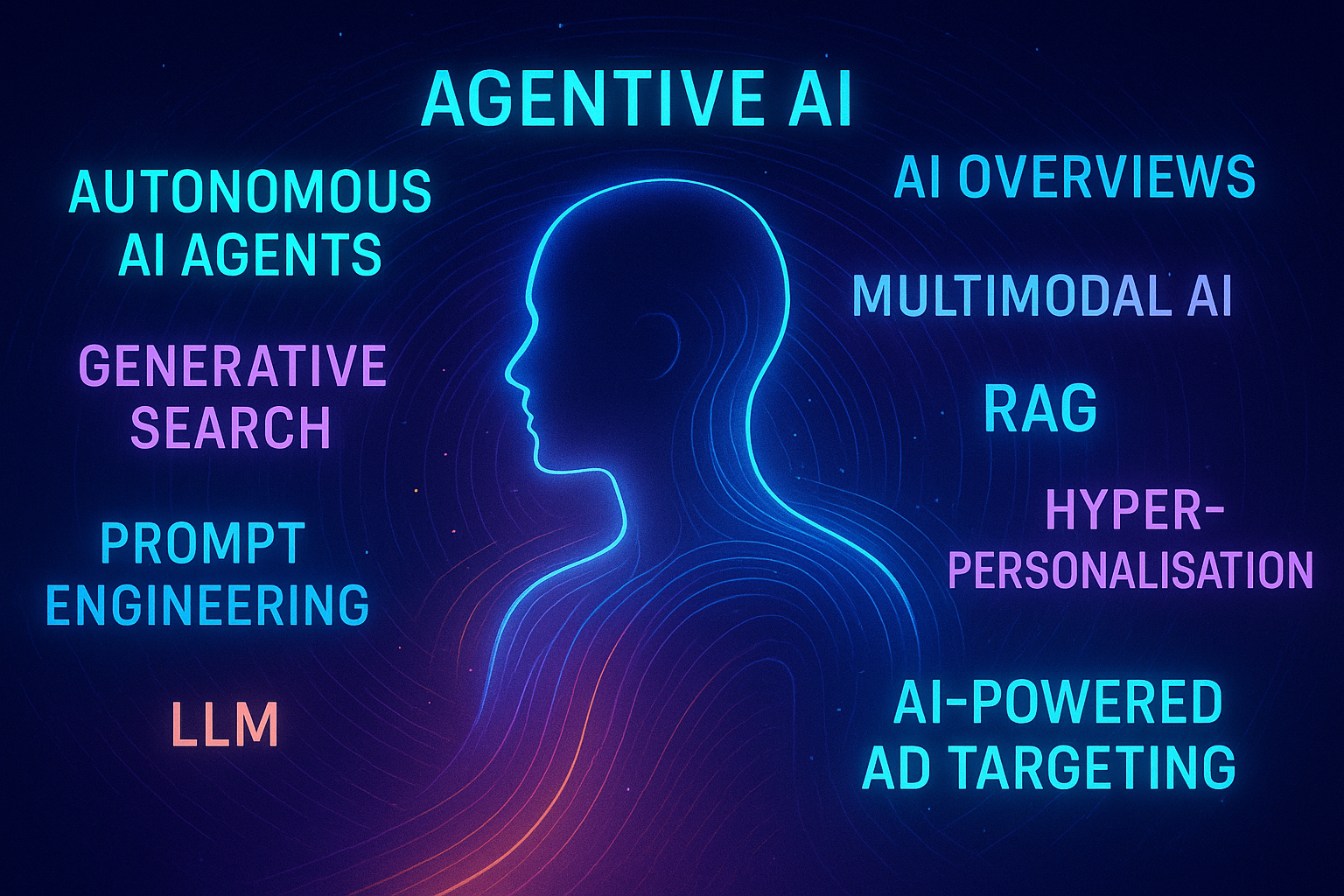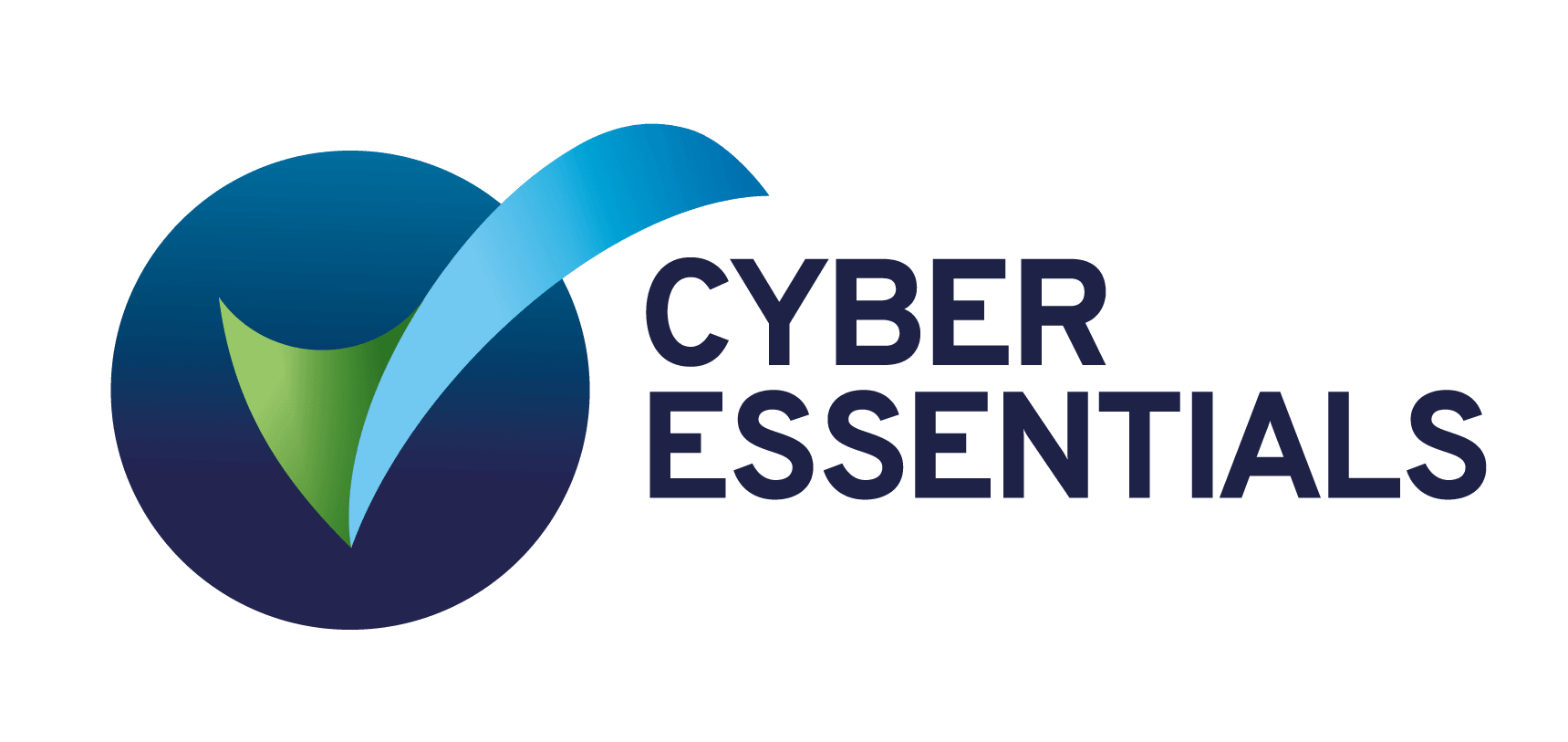Breaking Down the Costs: How Much Does It Really Cost to Build a Website in the UK?
Breaking Down the Costs: How Much Does It Really Cost to Build a Website in the UK?
In today’s digital landscape, having a robust online presence is a necessity for businesses of all sizes. But as you embark on the journey to build your own website in the UK, you might find yourself asking one crucial question: how much does it really cost? The truth is, the expenses can vary widely based on numerous factors—from design and development to hosting and maintenance. In this article, we'll break down the various costs associated with website creation, shedding light on what to expect at each stage of the process. Whether you're a small business owner, a freelancer, or someone considering an online venture, understanding these costs will empower you to make informed decisions. Join us as we navigate through the financial landscape of building your website, ensuring you’re fully equipped to bring your vision to life without breaking the bank.
Factors Influencing Website Development Costs
When it comes to building a website, several factors can significantly influence the overall cost. One of the primary determinants is the complexity of the website. A simple, informational website with a few pages will cost substantially less than a complex e-commerce site with advanced functionalities such as user accounts, payment gateways, and inventory management systems. The more features and functionalities you require, the higher the development cost will be.
Another crucial factor is the design and customisation level. A bespoke design tailored specifically to your brand will cost more than a template-based design. Custom designs involve more time and effort from designers and developers to create a unique look and feel, while template designs offer a more budget-friendly option but with limited customisation.
The choice of technology stack also plays a significant role in determining costs. Different technologies and platforms come with varying price tags. For example, building a website using WordPress might be less expensive than using a custom-built solution with advanced technologies like React or Angular. Additionally, the choice between a content management system (CMS) and a custom-coded website can have a considerable impact on costs.
Lastly, the expertise and location of the professionals you hire can influence the cost. Hiring a highly experienced web developer or designer in the UK will generally be more expensive than outsourcing the work to professionals in countries with lower living costs. However, it's essential to balance cost with quality to ensure you get a website that meets your needs and expectations.

Breakdown of Costs: DIY vs. Hiring Professionals
Deciding between a DIY approach and hiring professionals is a significant consideration when budgeting for a website. Each option has its advantages and cost implications. Let’s explore both approaches in detail.
Opting for a DIY approach can be a cost-effective solution, especially for individuals or small businesses with limited budgets. With numerous website builders available, you can create a basic website without much technical knowledge. Platforms like Wix, Squarespace, and WordPress offer user-friendly interfaces and pre-designed templates that make the process relatively straightforward. However, while the initial costs might be lower, you may face limitations in terms of customisation and scalability. Additionally, the time investment required to learn and manage the platform should be factored into the overall cost.
On the other hand, hiring professionals provides several benefits, including a tailored design, advanced functionalities, and a smoother user experience. Professional web developers and designers bring expertise and creativity to the table, ensuring your website stands out. The cost of hiring professionals can vary widely based on their experience and the scope of work. Freelancers might charge anywhere from £500 to £5,000 for a basic website, while a reputable web development agency could charge from £5,000 to £50,000 or more for a complex, custom-built site. This investment often pays off in the long run through improved performance, user experience, and business growth.
Ultimately, the decision between DIY and hiring professionals depends on your budget, technical skills, and the complexity of your website. If you need a simple online presence and have the time to invest, a DIY approach might suffice. However, for a robust, scalable website that aligns with your business goals, hiring professionals is often the better choice.
Cost of Domain Registration and Hosting
Domain registration and hosting are foundational elements of any website, and their costs can vary based on several factors. A domain name is the address where your website lives on the internet, and choosing the right one is crucial for your brand identity. The price of domain registration typically ranges from £10 to £50 per year, depending on the domain extension (.com, .co.uk, .net, etc.) and the registrar you choose. Premium domains, which are short, memorable, or keyword-rich, can cost significantly more, sometimes reaching thousands of pounds.
Web hosting is another essential component that affects your website's performance, security, and reliability. Hosting plans can vary widely in price based on the type of hosting and the resources provided. Shared hosting is the most affordable option, with prices ranging from £2 to £10 per month. This type of hosting is suitable for small websites with low traffic. However, shared hosting can lead to slower load times and reduced performance due to shared resources with other websites.
For businesses expecting higher traffic or requiring more resources, VPS (Virtual Private Server) hosting or dedicated hosting might be more appropriate. VPS hosting offers more control and better performance, with prices ranging from £20 to £100 per month. Dedicated hosting provides the highest level of performance and control, as you have an entire server dedicated to your website. This option is the most expensive, with costs starting from £80 per month and going up to several hundred pounds.
Additionally, managed hosting services, where the hosting provider takes care of server maintenance, updates, and security, can add to the costs. These services are beneficial for those who prefer to focus on their business without worrying about technical aspects. Prices for managed hosting can range from £25 to £200 per month, depending on the level of service and the hosting provider.
Design and Development Costs: What to Expect
Design and development are the core aspects of building a website, and their costs can vary significantly based on your project's requirements. The design phase involves creating the visual elements of your website, including the layout, color scheme, typography, and graphics. A custom design tailored to your brand can cost between £1,000 and £10,000, depending on the complexity and the designer's expertise.
If you opt for a more budget-friendly approach, you can use pre-designed templates available on platforms like WordPress, Wix, or Squarespace. These templates can range from free to a few hundred pounds. While templates can save money, they may not provide the unique look and feel that a custom design offers. Additionally, customisation options might be limited, which could affect your website's overall functionality and user experience.
Development costs depend on the website's complexity and the technologies used. A basic informational website with standard features like contact forms, image galleries, and blogs can cost between £2,000 and £10,000. E-commerce websites with advanced functionalities such as payment gateways, product catalogs, and user accounts can range from £5,000 to £50,000 or more. Custom web applications with unique features and integrations can have even higher costs, often starting at £10,000 and going up to several hundred thousand pounds.
It's essential to consider the ongoing costs associated with design and development. Regular updates, security patches, and feature enhancements are necessary to keep your website running smoothly and securely. These costs can vary based on the complexity of your website and the agreement with your developer or agency. Budgeting for these ongoing expenses ensures your website remains functional and up-to-date, providing a better experience for your users.
Ongoing Maintenance and Updates: Budgeting for the Long Haul
Building a website is just the beginning; ongoing maintenance and updates are crucial to ensure its long-term success. Regular maintenance involves updating software, plugins, and themes to keep your website secure and functional. Neglecting maintenance can lead to security vulnerabilities, performance issues, and a poor user experience. Budgeting for these tasks is essential to avoid unexpected costs and downtime.
The cost of ongoing maintenance can vary based on the complexity of your website and the services required. Basic maintenance, including software updates, backups, and security monitoring, can cost between £50 and £200 per month. For more complex websites, such as e-commerce sites or custom web applications, maintenance costs can range from £200 to £1,000 per month or more. These costs often include regular updates, performance optimisation, and technical support.
In addition to routine maintenance, it's essential to budget for updates and enhancements. As your business grows, you may need to add new features, update content, or redesign certain elements to keep your website relevant and engaging. The cost of these updates can vary widely based on the scope and complexity of the changes. Minor updates, such as adding new pages or updating content, can cost a few hundred pounds, while major enhancements or redesigns can range from £1,000 to £10,000 or more.
It's also important to consider the cost of website security. Implementing security measures, such as SSL certificates, firewalls, and regular security audits, can add to your maintenance budget. While these costs might seem high, they are crucial for protecting your website and user data from cyber threats. Investing in security measures can save you from potential losses and reputational damage in the long run.

Hidden Costs in Website Development
While the primary costs of building a website are relatively straightforward, several hidden costs can catch you off guard if not anticipated. One of the most common hidden costs is related to content creation. High-quality content, including text, images, videos, and graphics, is essential for engaging users and improving SEO. Hiring professional content creators, photographers, or videographers can add to your budget. Depending on the scope and quality, content creation costs can range from a few hundred to several thousand pounds.
Another hidden cost is related to third-party integrations and plugins. Many websites rely on third-party tools for added functionality, such as payment gateways, email marketing services, and CRM systems. While some of these tools offer free versions, advanced features often come with a subscription fee. These costs can add up quickly, especially if you require multiple integrations. It's essential to research and budget for these ongoing expenses to avoid unexpected charges.
Training and support are other areas where hidden costs can arise. If you're using a content management system (CMS) or custom-built solution, you may need training to manage and update your website effectively. Training sessions can range from a few hours to several days, depending on the complexity of the platform. Additionally, ongoing support from your developer or agency might be required for troubleshooting and technical assistance. Support costs can vary based on the level of service and the agreement with your provider.
Lastly, legal and compliance costs should not be overlooked. Ensuring your website complies with regulations such as GDPR (General Data Protection Regulation) involves additional costs. Legal consultations, privacy policy creation, and compliance audits can add to your budget. While these costs are often necessary to avoid legal issues and protect user data, they can be an unexpected expense for many website owners.
Comparing Different Website Builders and Their Pricing
Choosing the right website builder is a critical decision that can impact both the cost and functionality of your website. Several popular website builders offer different pricing plans and features, catering to various needs and budgets. Let’s compare some of the most widely used website builders in the UK.
Wix is a popular website builder known for its user-friendly interface and extensive template library. Wix offers several pricing plans, ranging from the basic plan at £3 per month to the VIP plan at £22 per month. The basic plan includes essential features like custom domain, SSL certificate, and limited bandwidth. The higher-tier plans offer additional benefits such as increased storage, ad removal, and priority support. While Wix is suitable for small businesses and personal websites, its limited customisation options might not be ideal for more complex projects.
Squarespace is another widely used website builder that offers elegant templates and robust features. Squarespace’s pricing plans start at £10 per month for the Personal plan and go up to £30 per month for the Advanced Commerce plan. The Personal plan includes features like custom domain, SSL security, and unlimited bandwidth. The higher-tier plans offer additional functionalities such as e-commerce capabilities, advanced analytics, and promotional pop-ups. Squarespace is an excellent choice for creative professionals and businesses looking for a visually appealing website with minimal technical hassle.
WordPress.com offers both free and paid plans, making it a versatile option for various budgets. The paid plans start at £3 per month for the Personal plan and go up to £25 per month for the eCommerce plan. WordPress.com provides extensive customisation options, a vast library of plugins, and robust blogging features. However, the learning curve can be steeper compared to other website builders, and some advanced features might require additional costs for premium plugins or themes.
Each website builder has its strengths and weaknesses, and the best choice depends on your specific needs and budget. It’s essential to evaluate the features, ease of use, and scalability of each platform before making a decision. Additionally, consider the long-term costs, including potential upgrades, add-ons, and support services, to ensure the chosen website builder aligns with your financial and functional requirements.
The Importance of Budgeting for SEO and Marketing
Creating a stunning website is just the first step; attracting visitors and converting them into customers is equally crucial. This is where SEO (Search Engine Optimisation) and marketing come into play. Budgeting for these activities is essential to ensure your website reaches its full potential and achieves your business goals.
SEO involves optimising your website to rank higher in search engine results, driving organic traffic. Effective SEO requires a combination of on-page and off-page strategies, including keyword research, content optimisation, link building, and technical SEO. Hiring an SEO expert or agency can cost between £500 and £5,000 per month, depending on the scope and competitiveness of your industry. While these costs might seem high, investing in SEO can yield significant long-term benefits by increasing visibility, traffic, and conversions.
In addition to SEO, digital marketing activities such as social media marketing, email marketing, and pay-per-click (PPC) advertising are crucial for driving traffic and engagement. Social media marketing involves creating and sharing content on platforms like Facebook, Instagram, and Twitter to reach and engage your target audience. The cost of social media marketing can vary based on the platforms used, the frequency of posts, and whether you hire a social media manager or agency. Monthly costs can range from a few hundred to several thousand pounds.
Email marketing is another effective strategy for nurturing leads and driving conversions. Using email marketing tools like Mailchimp or Constant Contact, you can create and send targeted campaigns to your subscribers. While some tools offer free plans, advanced features and larger subscriber lists often require a paid subscription, ranging from £10 to £300 per month.
PPC advertising, such as Google Ads or Facebook Ads, allows you to reach a broader audience by paying for clicks or impressions. The cost of PPC campaigns depends on factors like the competitiveness of your keywords, your targeting options, and your budget. A well-managed PPC campaign can cost anywhere from £500 to £10,000 per month or more, depending on your goals and industry.
Budgeting for SEO and marketing ensures that you not only build a great website but also attract and retain visitors, ultimately driving business growth. It’s essential to allocate a portion of your budget to these activities and continuously monitor and optimise your strategies for the best results.

Conclusion: Making Informed Financial Decisions for Your Website
Building a website involves multiple costs that can add up quickly, making it essential to plan and budget carefully. From domain registration and hosting to design, development, and ongoing maintenance, each aspect requires thoughtful consideration to ensure you get the best value for your investment.
Choosing between a DIY approach and hiring professionals depends on your budget, skills, and the complexity of your project. While DIY options can be cost-effective, hiring experienced developers and designers can provide a more tailored and scalable solution. Additionally, understanding the hidden costs and budgeting for ongoing maintenance, updates, and security measures is crucial to avoid unexpected expenses and ensure your website remains functional and secure.
Comparing different website builders and their pricing can help you find the right platform that meets your needs and budget. Each builder offers unique features and pricing plans, so it’s essential to evaluate them carefully before making a decision. Moreover, investing in SEO and marketing activities is vital for driving traffic, engagement, and conversions, making it an essential part of your overall budget.
By breaking down the various costs associated with building a website in the UK, this article aims to provide you with the knowledge and insights needed to make informed financial decisions. Whether you’re a small business owner, a freelancer, or someone considering an online venture, understanding these costs will empower you to create a website that not only meets your needs but also supports your long-term business goals. With careful planning and budgeting, you can bring your vision to life and establish a robust online presence without breaking the bank.
















